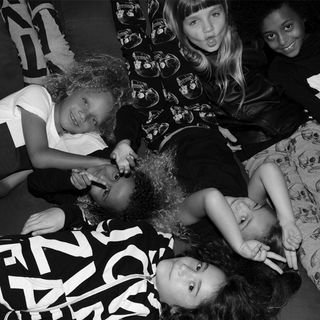All couples fight — and all couples fight differently. But when conflict resolution styles involve aggressive behavior, parents fighting can affect kids by sending the message that violence is acceptable under certain circumstances. Alternatively, as a new study has found, messages and examples that promote nonviolent conflict resolution can protect kids from resorting to violence over conflict in their own romantic relationships.
Read more: How to Fight in Front of the Kids
Led by University of Illinois’ social work professor, Rachel Garthe, the study surveyed more than 1,000 sixth-, seventh- and eighth-grade students, between 2010 and 2017, about their parents’ views on handling conflict. The assessment included questions about how their parents fought — for instance, whether parents condoned fighting, as long as another person started it; or if parents urged kids to stay calm or walk away if another person said something disrespectful to them.
82% to 88% of children reported that they received mixed signals about how to handle conflict from the way their parents fought or talked about conflict — sometimes their parents displayed or advocated for peaceful resolutions, while at other times, parents were aggressive.
Additionally, three months before completing the survey, students were also surveyed about their own conflict behavior in their romantic relationships; 35% to 45% of students had at least acted aggressively when fighting with their partner. Examples of aggressive behavior included physical abuse, such as shoving a romantic partner, or psychological, such as intentionally provoking jealousy in a boyfriend or girlfriend.
Read more: Fight Lessons from My Son
Although this study is representative of students at three public middle schools in the US, 91% of whom belonged to families living at or below the poverty level, it adds to a growing body of evidence that suggests the conflict styles kids witness between parents at home becomes normalized and reflected in their own relationships. One example of previous research, a study from 2009, found that parents fighting disrespectfully in front of a child can negatively affect how the child later deals with conflict, whereas parents’ constructive conflict resolution in front of a child was associated with less aggressive behavior, greater feelings of stability, and better cooperative conflict resolution in kids.
That said, we’re not destined to become our parents. Fighting styles are fluid and can evolve. According to the 2009 study, if you and your partner are looking to change your style of conflict, a good place to start is to introspect to assess whether and how you’ve been mirroring your parents’ conflict style. Then, try following these rules together.




